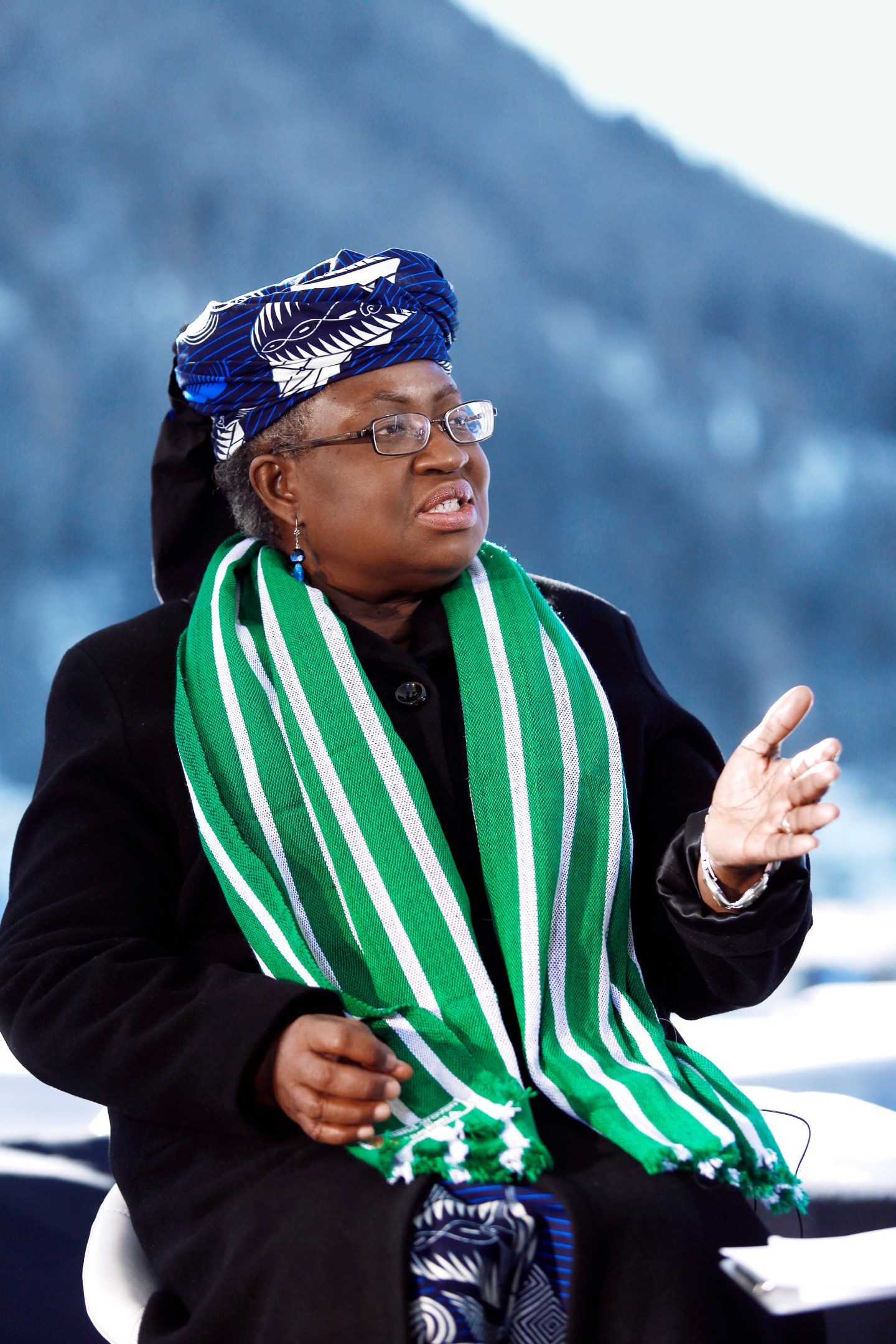Fortune: You “rebased” your economy in April to update the way you configure GDP. Nigeria now has the biggest GDP in sub-Saharan Africa, with $510 billion. What does that do for the country?
Okonjo-Iweala: The rebasing showed a much more diversified economy than we knew. Oil and gas is just 15% of the economy. Nollywood [Nigeria’s entertainment industry] is now 1.4%. Telecommunications is now 7%.
Billions of dollars in oil revenues have gone missing, and the governor of the central bank was suspended in February after he voiced suspicions about corruption. What’s gone wrong?
I said at the time we need to do the audit. The attorney general has hired PricewaterhouseCoopers, a reputable international firm. Every month all the revenue-generating agencies meet. That includes the oil company, the NNPC [Nigerian National Petroleum Corp.]. They said that the shortfall of what we thought they should remit, which was $10.8 billion, was used for subsidies, and the rest were operational losses. We were disputing all of that with them. We agreed that the best way for the country to move forward was through an independent investigation and audit. That has happened, and we are very proud that this is going on.
People feel the big weakness in Nigeria’s economy is the gap between the millions needing jobs and the skills they have to offer.
This is a global problem. People talk about Nigeria as being some kind of esoteric place, as if no one else has these problems. The two things that are most challenging now are jobs and inequality. The U.S. has the same.
That said, not many countries have your huge population either.
The U.S. has our population, and all you hear about there is about jobs. The eurozone has our population and all you hear about there is about jobs. Spain, yes, is smaller than us, but it’s been at 25% unemployment. Nigeria has exactly the same problems as anyone else has. And [consultancy firm] McKinsey [& Co.] has just brought this out [in a May report on Nigeria]. This is a normal country. The two things that are challenging now are jobs and inequality. The U.S. has the same: 99% of its wealth is captured by 1% of the population. That is one reason why we needed to interact with the global community. So we can exchange, and put our minds together.
Not all countries have your [electric] power problems though.
Power is a problem in which we have also got some very unique and interesting solutions. We’ve accepted that government cannot deal with this power problem so we have privatized it. Just like telecommunications. We liberalized that sector, and within a short time what happened? We are at 128 million phones, one of the fastest-growing markets in the world. The same with power. If Nigeria can grow at 7% a year over the past decade with so little power, what will happen if this country actually gets power, as I think it will, within the next two years?
Within two years? Power stations are usually a long-term thing.
Now that we have liberalized it we already have investments. At WEF there was a $100 million investment by the Azura power company with 15 investors from all over the world: the entire World Bank group, the CDC of the U.K. … several private investment firms. Azura is a brand-new Nigerian company, and they are building a power plant for $700 million and an associated gas plant for $300 million. That’s a billion dollars in investments.
You envision that in two years people will be giving up their generators? [Diesel-run stand-alone generators are essential to power every company and home in Nigeria.]
I see that, yes. We just sold the generation and distribution companies of the government. It will take the private sector about two years to fully take over, to collect what they should be taking. Then I think the situation will improve, and very much so.
Many say that Nigeria cannot have lasting economic growth while Boko Haram is wreaking havoc.
I disagree completely. This year we have 6.75% growth. The World Economic Forum [on Africa, in Abuja in May] attendance was large, including CEOs of major corporations. They recognize the underlying strength of the Nigerian economy and the underlying importance of Africa. Heineken announced a $150 million investment right there.
What is it like it to be a woman in this very powerful position? [Also see our interview with IMF chief Christine Lagarde.]
Just being a finance minister is a very tough job. I don’t really wake up thinking of myself as a woman. I just try to do the best job, because it can and it has opened doors to other women. I think that women are multitaskers. Women tend to have less of an ego, and that enables you to do much more.
The kidnapped girls must have particular poignancy for you as a woman.
I have a daughter. And I cannot begin to imagine if my daughter was missing what it would feel like. Every day you have to overcome the depression of waking up and knowing that the girls are not back. We are carrying on to show that the spirit of the country has not been crushed. And to build a country these girls can come back to.
A shorter version of this interview appeared in the June 16, 2014 issue of Fortune.






